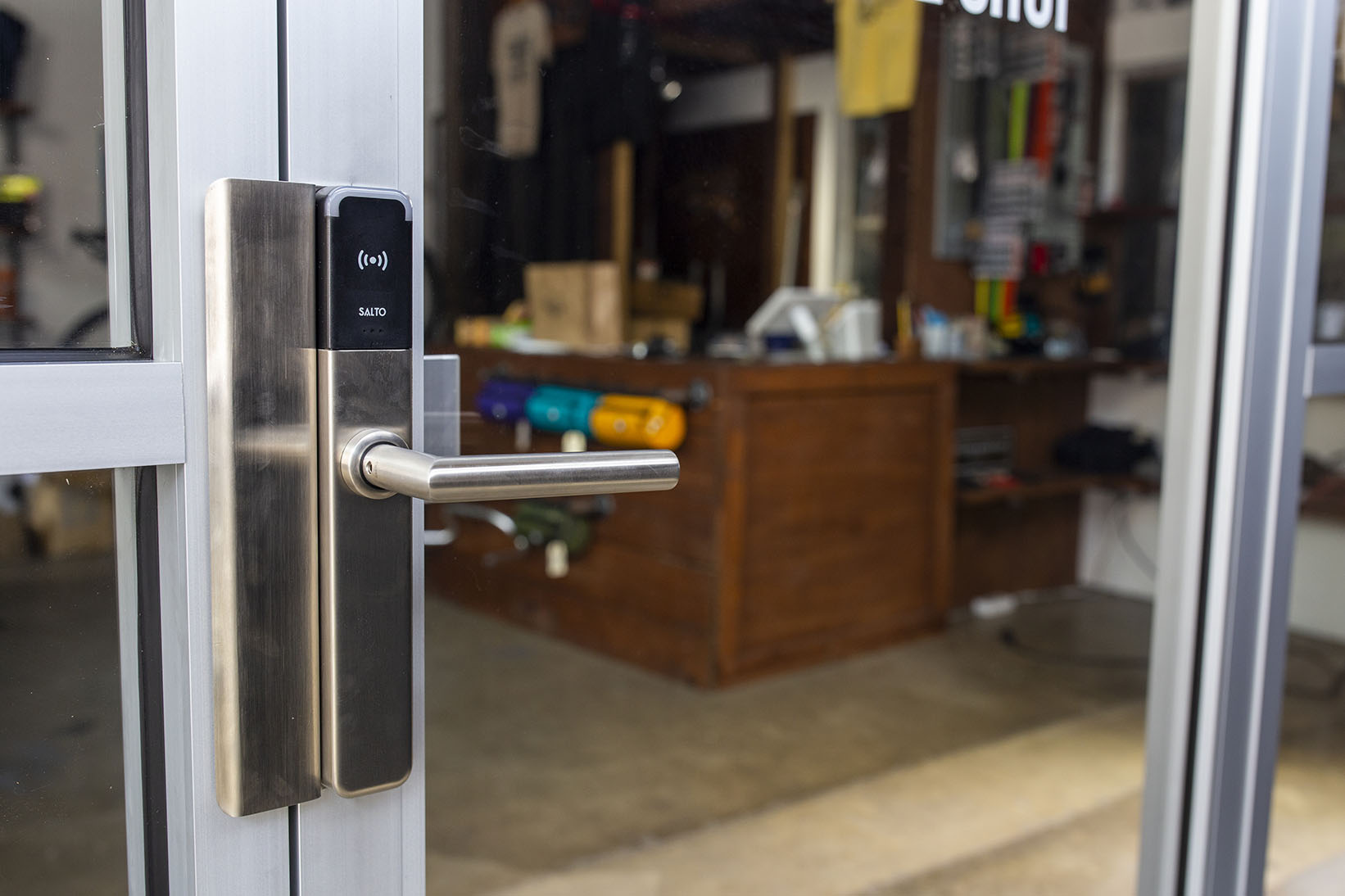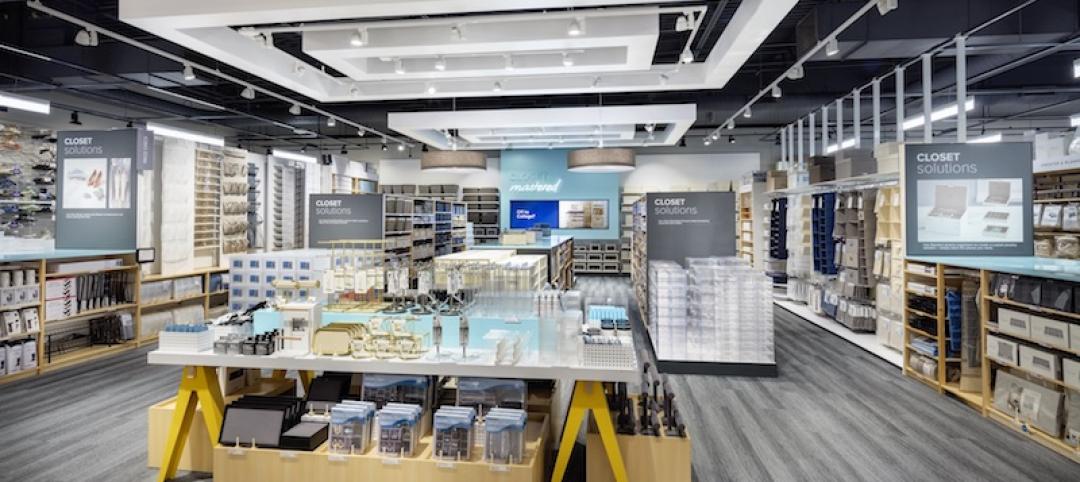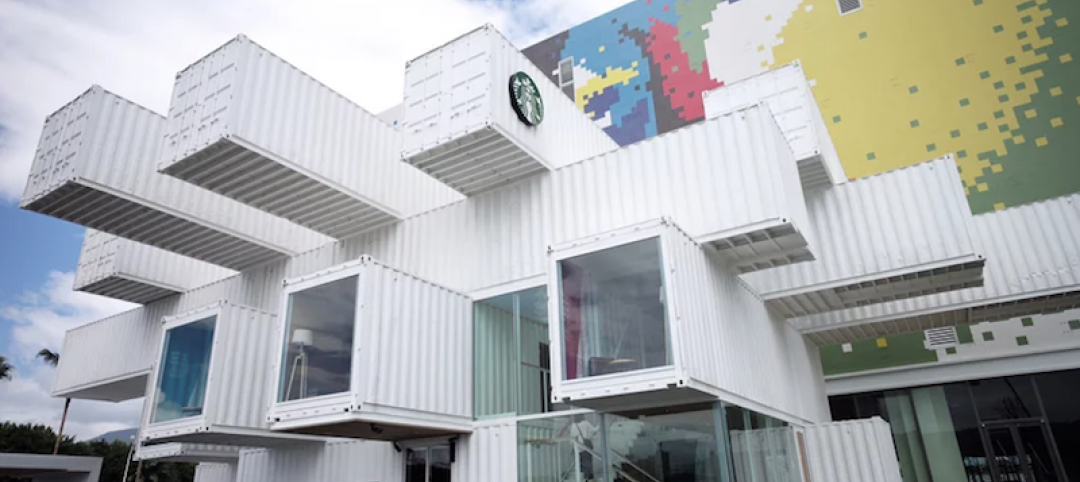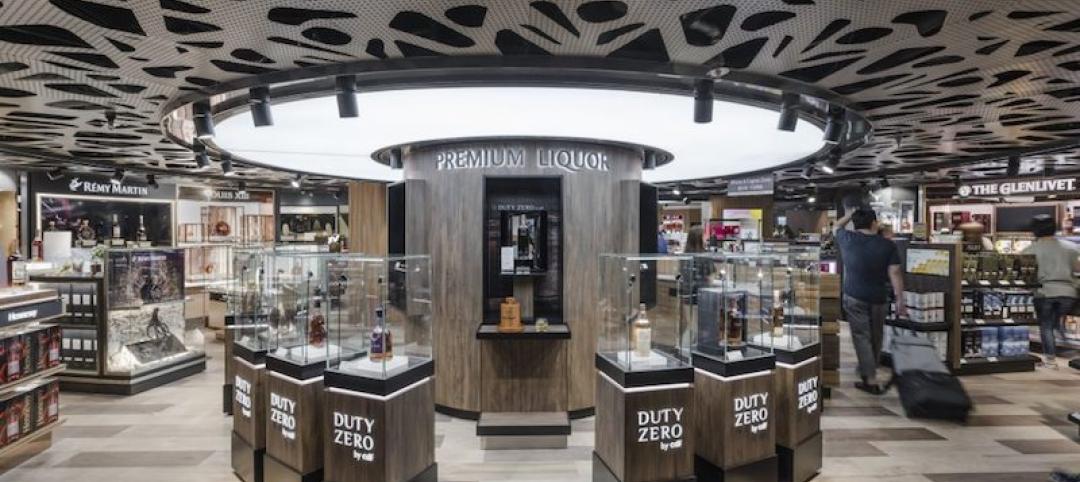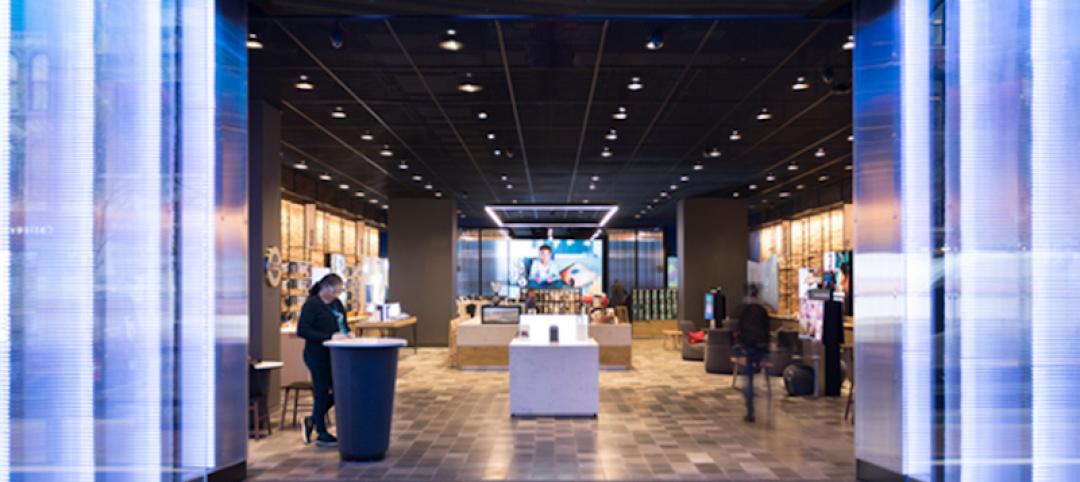Traditional lock-and-key systems are rapidly being replaced by keyless entry systems in retail businesses. An obvious advantage of this evolution is the elimination of physical keys, a burdensome task to manage. However, keys-as-a-service (KS) — in which permissions and access are controlled by cloud-based technology — offers other important benefits. One such benefit lies in the valuable data these systems collect.
“Keys-as-a-service systems maintain a comprehensive log of every access event,” says John Wright, SALTO Systems Retail & Fitness Industry Business Leader. “This includes information on who accessed which doors and when, providing detailed insights into the retail space’s usage.” That data extends not only to doors, but to storage cabinets, lockers, showcases — anything that requires physical security.
What the Data Reveals
One main insight that systems like SALTO KS can provide is user behavior information. Who accessed which doors and when? Tracking that information can also shed light on traffic patterns, frequently used access points, and even potential security breaches.
“This user behavior data can be analyzed to optimize staffing and operating hours, enhancing overall operational efficiency,” says Wright. This also benefits customers, he adds, when understanding peak access times and busy areas can help retailers maximize store layout and manage traffic, resulting in a better customer shopping experience.
Furthermore, the system reports on its own status, including its battery life and functionality, so that it can be continuously maintained in top operating condition.
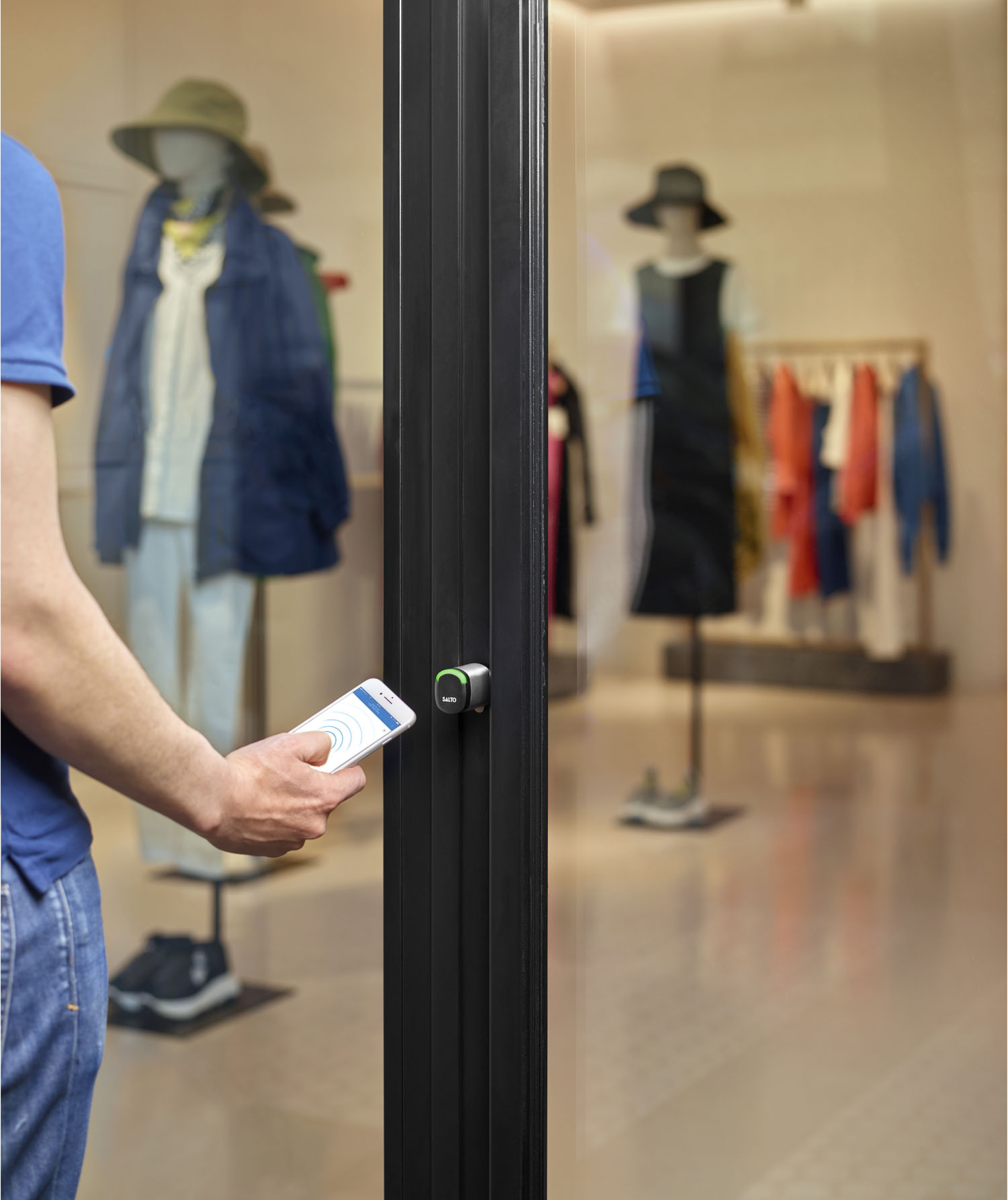 Global Scalability
Global Scalability
SALTO’s KS data collection capability becomes even more valuable in a distributed retail landscape, where businesses span multiple locations and even countries. Wright notes, “Regardless of geographical boundaries, all access control points connect to a unified system. This means that all access data coming in from multiple locations is collected and stored centrally, making it easily accessible and manageable from anywhere in the world.” That level of global, real-time visibility is essential for large-scale retail operations.
As an organization expands into new retail locations, the access information from all sites, both new and existing, is seamlessly integrated into a single KS database. In addition, the same access control standards are implemented across all stores, eliminating concerns about inconsistent application of security measures in different locations.
The data collected by the KS system can be used to generate insightful reports that can include security audits, efficiency data, and behavioral analyses. This information can help with strategic decision-making, policy modifications, and enhanced operations, according to Wright.
A Resource for Business Intelligence
There are several important ways the wireless access data from the SALTO KS system can be used:
- Customer traffic patterns. Understanding peak shopping periods allows retailers to staff appropriately and adjust store hours.
- Store layout optimization. Product placement and store layouts can be optimized based on the highest traffic areas.
- Resource allocation. If a particular store receives high levels of traffic, retailers may decide to invest more in that location or add staff.
- Security planning. Retailers can enhance security measures in locations with frequent unauthorized access attempts.
- Maintenance. Device self-monitoring allows for proactive maintenance operations, reducing the chance for unexpected equipment failures.
- Expansion strategy. Comparing data among stores affords insight into what contributes to a location’s success, which can be used in future growth planning.
- Staff training. Data on unauthorized access attempts can reveal areas in which staff may need retraining.
In a highly competitive and challenging landscape, retailers who understand customer patterns, have a solid handle on security compliance, and manage their resources wisely are in a better position to thrive. Cloud-based keys-as-a-service wireless access systems make this possible.
Related Stories
Retail Centers | Mar 19, 2019
Porsche’s next-gen showroom prototype opens in Palm Springs, Ca.
The dealership is the first to showcase Porsche’s new design philosophy, ‘Destination Porsche.’
Retail Centers | Dec 3, 2018
Biotrack your shop
Sabrina Hilfer, a specialty retail designer, talks about the integration of biometrics in the retailscape.
Retail Centers | Nov 8, 2018
The Container Store moves into the next generation courtesy FRCH Design Worldwide
The next-gen prototype is located in Dallas, Texas.
Retail Centers | Oct 22, 2018
Stuck in the middle: What can save the average American mall?
Erich Dohrer doesn’t want to talk about the “dead mall” or the great mall success story—he wants to talk about design solutions for the ones that are just getting by.
Retail Centers | Oct 9, 2018
Kengo Kuma designs Taipei Starbucks from 29 shipping containers
The store will be part of a new shopping mall.
Retail Centers | Sep 27, 2018
Turkish bazaar takes the shape of the surrounding mountains
The project is designed by PDG Architects and ANTEPE.
Retail Centers | Sep 26, 2018
The future of travel retail
Kevin Horn and Shirley Cheng explore how a new generation of travelers is disrupting airport retail.
Retail Centers | Sep 20, 2018
BIG designs ‘restaurant village’ just outside of Copenhagen
The restaurant comprises 11 spaces, each with their own unique function.
Retail Centers | Sep 17, 2018
Iteration vs disruption: Designing for a great customer experience
One way to solve for the future is to disrupt the expected.
Mixed-Use | Sep 14, 2018
Six-story structure combines a parking garage with street-level retail
Eskew+Dumez+Ripple designed the structure.


